Summary
The Dengue Risk Investigation for Preparedness (DengRIP) project, funded by NIHR, is led by Dr David Weetman (LSTM) and Prof Athanase Badolo (Ki-Zerbo University, Burkina Faso). It aims to address the rising threat of dengue, chikungunya, and Zika in Ouagadougou as a model for West Africa, where Aedes aegypti, the primary vector, thrives in urban environments. With no effective vaccines or treatments for many arboviral diseases, vector control remains the best protection. The global resurgence of dengue is driven by urbanisation, globalisation, and ineffective vector control, and Burkina Faso has been identified as a transmission hotspot. DengRIP focuses on community-based vector surveillance, control, and risk prediction to enhance outbreak preparedness.
The project will develop an improved arbovirus risk index by modelling Ae. aegypti abundance, distribution, and behaviour. Data will be collected on mosquito genetics, human exposure, and environmental factors. A community-based surveillance system using the Mosquito Alert mobile app will allow citizens to report mosquito activity, cross-validated with traditional monitoring. Additionally, DengRIP will trial vector control methods, including larval source management, indoor residual spraying, attractive toxic sugar baits, and volatile pyrethroid emanators.
DengRIP is a multi-partner collaboration, involving Université Joseph KI-Zerbo and Institut de Recherche en Sciences de la Santé in Burkina Faso, and northern partners such as University of Oxford (UK), Institut de Recherche pour le Développement (France), Consejo Superior de Investigaciones Científicas (Spain), and the University of Glasgow (UK).
A strong focus on capacity building ensures local scientists gain expertise in entomology, social science, genetics, and epidemiology. Community engagement is central, as local involvement is key to successful surveillance and control. By integrating scientific research with community action, DengRIP aims to create sustainable solutions to combat arboviral diseases and improve public health preparedness in West Africa.
The Team
Liverpool School of Tropical Medicine, UK: David Weetman PI; Philip McCall Co-I; Luca Facchinelli Programme manager
Université Joseph KI-Zerbo, Burkina Faso: Athanase Badolo Co-PI (LinkedIn)
Institut de Recherche en Sciences de la Santé (IRSS), Burkina Faso; Lea Pare Toe Co-I (LinkedIn)
University of Glasgow, UK; Mafalda Viana Co-I
University of Oxford, UK; Ann Kelly Co-I
Consejo Superior de Investigaciones Científicas (CSIC), Spain; Frederic Bartumeus Ferre' Co-I
Institut de Recherche pour le Développement (IRD) in Occitanie, France; Franck Remoue Co-I (LinkedIn)
David Weetman
David Weetman is a Reader in the Department of Vector Biology at the Liverpool School of Tropical Medicine who has worked on insect disease vectors for almost 20 years. His research focuses on control of vectors of human disease, particularly on Aedes and Anopheles mosquitoes. Work focuses primarily on: (a) studies of insecticide resistance and its mechanisms and identification and application of diagnostic markers; (b) vector population genetics to identify adaptation and barriers to connectivity and spread; (c) trials of vector control tools, including development and application of new monitoring methods.
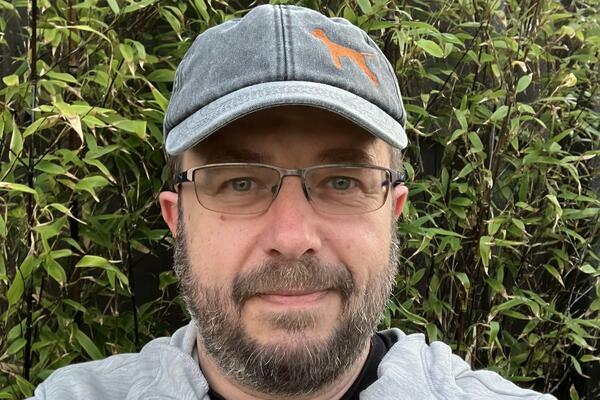
Philip McCall
My PhD and early postdoctoral years were spent as a parasitologist investigating the life cycles and vectors of human and animal Onchocerca spp. before I showed that egg aggregations produced by many Simulium sp. resulted from mass simultaneous ovipositions by multiple gravid females, mediated by a pheromone emitted from freshly laid eggs.
Today my main research uses video tracking to study the behaviour of mosquitoes, from characterisation of basic vector behaviour to understanding how those behaviours might change in response to insecticide challenge or shifts in host availability. Many gaps exist in our understanding of key behavioural events in the adult life of these mosquitoes and better knowledge, however simple, has the potential to guide efforts to refine and improve the performance of existing approaches. This research has yielded novel bednet designs for malaria vector control that are safer and more effective than existing nets yet can use less insecticide, minimising environmental damage and reducing costs. Together with Luc Facchinelli, we have demonstrated that delivering residual insecticides at minimal locations on interior walls can control dengue as effectively as full house treatment but at a fraction of the cost.
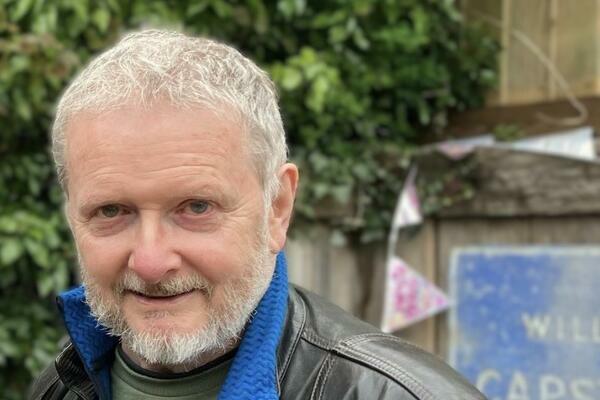
Luca Facchinelli
Luca Facchinelli, Programme Manager and Vector Biologist at LSTM, has over 20 years of experience studying mosquito behaviour and ecology. His research focuses on behaviours that can be targeted to reduce mosquito fitness and disease transmission. He patented a sticky trap for Aedes mosquitoes and developed a method for inducing Anopheles swarming in the lab, both now widely used in research. Luca also co-supervises MSc and PhD students and contributes to training activities in Latin America and sub-Saharan Africa. He teaches on LSTM’s mosquito biology courses and works closely with partners in Africa and the Americas. As a WHO assessor, he reviews studies on the effectiveness of mosquito control products and contributes to international guidelines. He’s also a member of Italy’s Scientific Committee for Arboviral Disease Control.
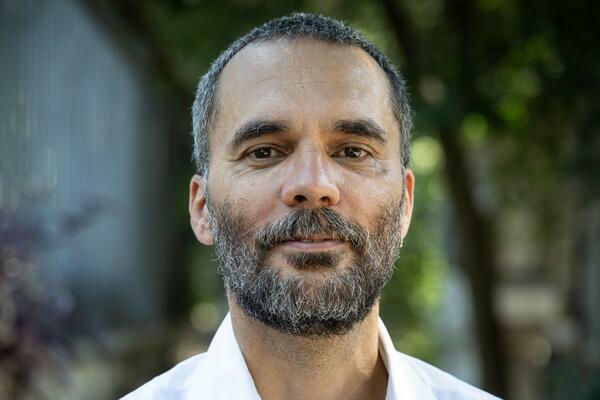
Athanase Badolo
I am a Senior Medical Entomologist and Professor at Université Joseph Ki-Zerbo, Adjunct Director of the Entomology Laboratory, and Head of the Vector and Vector-borne Diseases Group. I also manage the Molecular Entomology Platform, the Insectaries, and the Bioassay Platform. Over the course of 20 years, my research has primarily focused on the bioecology of malaria and dengue vectors, insecticide resistance, and vector control. I have also provided both technical and operational support to the National Malaria Control Programme (NMCP) and the Neglected Tropical Diseases (NTDs) Programme. My collaboration with the NMCP and the NTDs Programme includes the development of strategic documents and regular participation in meetings of the Vector Control Group. More recently, I have been supporting entomological surveillance activities for both the NMCP and the NTDs Programme. I have supervised successfully 12 Master’s and 6 PhD students, including international students and co-supervisions across various topics in medical entomology. My current research includes additional topics such as biopesticides, human–vector–environment interactions, outbreak preparedness, and risk prediction.
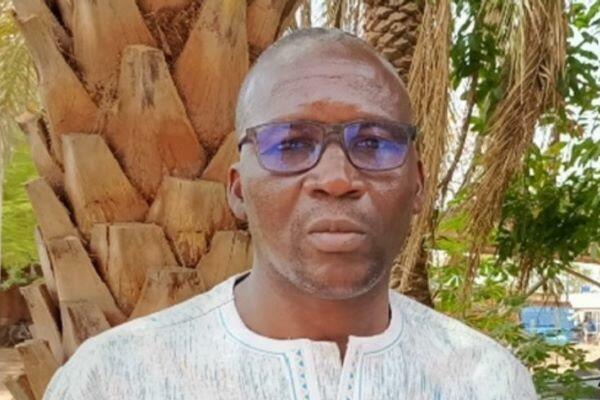
Léa Pare Toe
Léa Pare Toe is a social scientist specialising in socio-anthropological analysis of health issues in Africa, particularly vector-transmitted diseases. She holds a PhD in Anthropology and Sociology from the University of Aix Marseille 2 in France. Since 2000, she has authored numerous publications focusing on social representations of malaria and the acceptance of disease control methods. Dr. Paré Toe emphasises the importance of understanding community perceptions in developing effective health solutions. She is a pioneer in studying genetic technologies from the viewpoint of local communities and stakeholders. Currently, she is the Stakeholder Engagement Lead for Target Malaria Burkina Faso at the Institut de Recherches en Sciences de la Santé (IRSS). Her work promotes a community-centered research approach, fostering collaboration between scientists and local populations. In 2022, Lea received the "Women in Vector Control" excellence award. In December 2024, Burkina Faso honored her with the rank of Knight of the Academic Palms for her contributions to socio-anthropology and malaria research leadership. Dr. Paré Toe is dedicated to empowering communities to make informed decisions about scientific research impacting them.
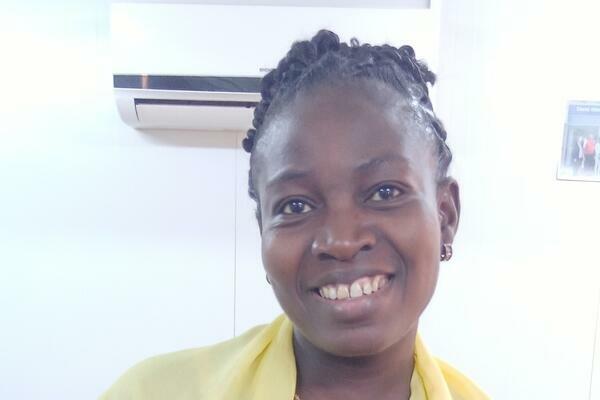
Mafalda Viana
Mafalda Viana is a Senior Research Fellow at the School of Biodiversity, One Health and Veterinary Medicine, University of Glasgow (UK). Her research focuses on bridging ecological theory and public health decision making. She applies quantitative methods to field data to understand the ecology and dynamics of vectors and their diseases, and how to control them.

Professor Ann Kelly
Ann H. Kelly is a Professor of Anthropology at University of Oxford. She has led multiple transdisciplinary collaborations at the intersections of infectious disease control, health-systems-strengthening, global health innovation and emergency R&D. She is currently leading a project that brings together experts in architecture, bioscience, engineering and urban planning, masons and residents to transform traditional earthen into a tool for vector borne disease control and a platform for locally-driven, climate-adapted and sustainable global health innovation. She serves as a member of the WHO Strategic Advisory Group of Experts (SAGE) for Ebola Vaccines and Vaccination and on the Editorial Board of Economy & Society, Cultural Anthropology, Medical Anthropology Quarterly, Humanities & Social Sciences Communications, and Somatosphere. Her book Vectors: An Anatomy of Mosquito Work, coauthored with Javier Lezaun, is forthcoming from Duke University Press.
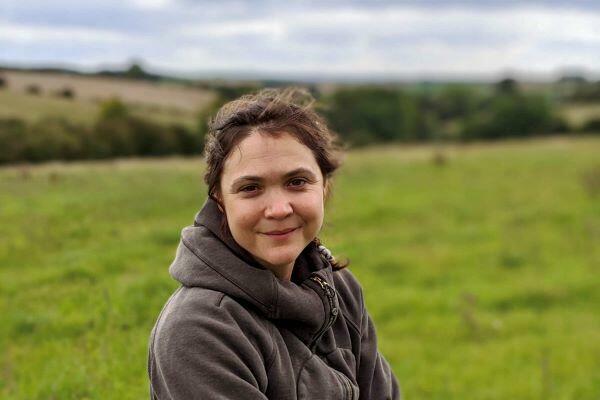
Frederic Bartumeus Ferré
ICREA Research Professor and head of the Department of Ecology and Complexity at the Centre for Advanced Studies of Blanes (CEAB-CSIC). My research is focused in the emerging fields of computational and movement ecology, which aims to reveal the causes and consequences of animal movement and dispersal patterns (including humans and disease carrying mosquitoes). Improved tracking technology (GPS, bio-loggers, smart-phones) demands an integrative view, with new computational tools and spatial modeling frameworks to understand at an unprecedented range of scales movement in the context of invasion, epidemics, conservation biology, and fundamental population and behavioural ecology. Co-director of the the Mosquito Alert initiative, a digital citizen science platform to track mosquito vectors and their nuisance awarded at national and international. Currently with more than 100 publications SCI, and running several national and international projects.
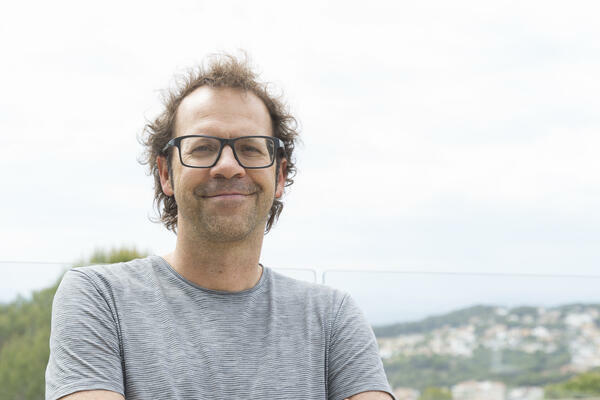
Franck Remoue
Franck REMOUE, PhD, immunologist of infectious disease is a researcher of IRD with large experience (25 years) in the immuno-epidemiology of tropical diseases (arbovirus, malaria, schistosomiasis). Since 2002 at IRD, he has initiated and is the head of IHVEC (Immunology of Human-VEctor Contact) program which is the worldwide leader program (75 articles, 1 patent, NIH and Merieux Fundation experts,..) of the study of human antibody response to vector saliva. One major goal is especially to develop an immuno-epidemiological biomarker of human exposure to mosquito bites and its applications in vector control and measure the risks of malaria and arbovirus emergent diseases. Since 10 years, this team performed several expertise and consultancies of the technology and scientific transfers of this salivary biomarker (Mosquito, glossina vectors, etc..) in Africa (Ivory Coast, Benin, Mali, Senegal, Angola, Kenya, Ouganda, Burkina-Faso, Cameroon, Madagascar), islands of Indian Ocean and Pacific and in Europe (France, Italy). At MIVEGEC-Montpellier, he has initiated the « Biomarkers Expo-Vect » platform which could be the international reference on biomerkers of human exposure to mosquitoes et actually develop its biomarkers under Rapid Diagnostic Test (RDT).
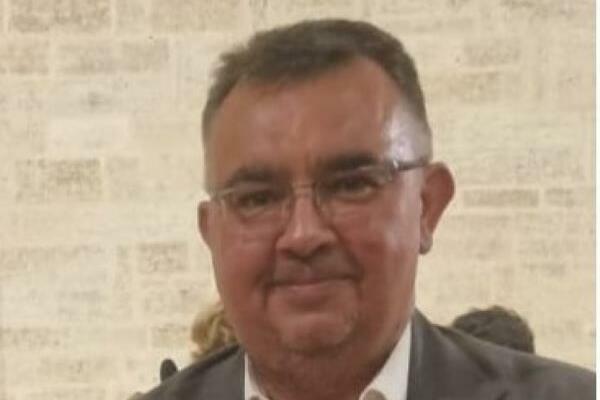
The field site in Burkina Faso

Pictures of the kick-off meeting in Ouagadougou (October 2024)

